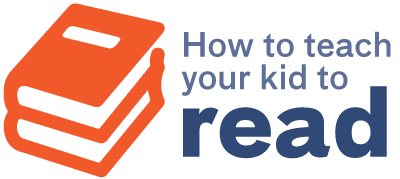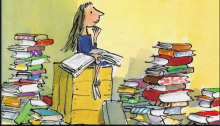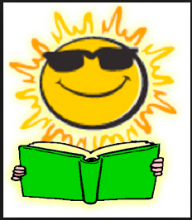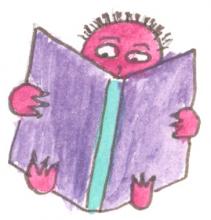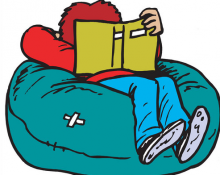What if my kid wants to read comic books and not literature?
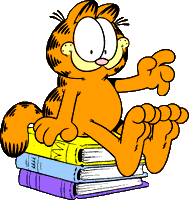
The visual element of comics help readers along in many ways. First, they help keep a visual -learner engaged by telling the story in both words and pictures. Second, they help children learn to take in facial expressions, voice inflection and situational dialogue. For example, if Garfield is rolling his eyes as he looks at Odie and his thought bubble says "Good dog, Odie." The child can begin to 'read' the visual cues as to what Garfield might actually be thinking. Does Garfield 'really' think Odie is a good dog? Probably not, the 'eye roll' shows that Garfield is doesn't really mean 'Good Dog" but instead might mean 'you're annoying, Odie but I'll put up with you because I love you'. The child begins to impose her own feelings into the story! Also, comics can help children grow their vocabulary. Often comic books use dialogue that would be beyond the level your child might be reading, but they may be able to read those more difficult words due to the picture clues and ongoing practice. For instance, Bart Simpson often says, "Kowabunga, Dude!" A very important addition to any young reader's vocabulary!
At some point, your child may naturally switch to reading other books, but as she is learning, please encourage her to read anything that is at her 'just right level' for at least an hour each day. You can read classic stories to her and converse about characters, talk about the story and connect with verbal storytelling. Just remember, decoding the words on a page does NOT mean your child is reading. Your child is reading when she is thinking!
